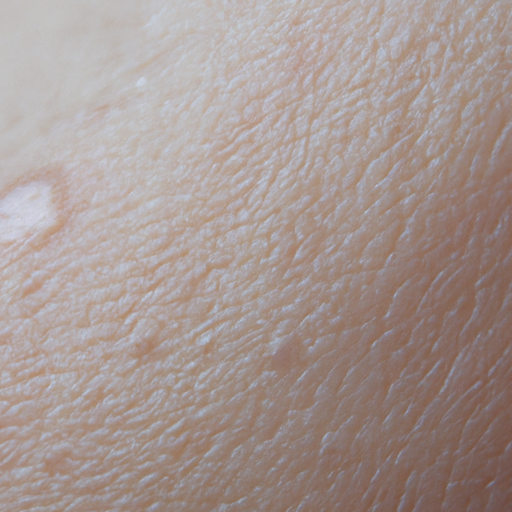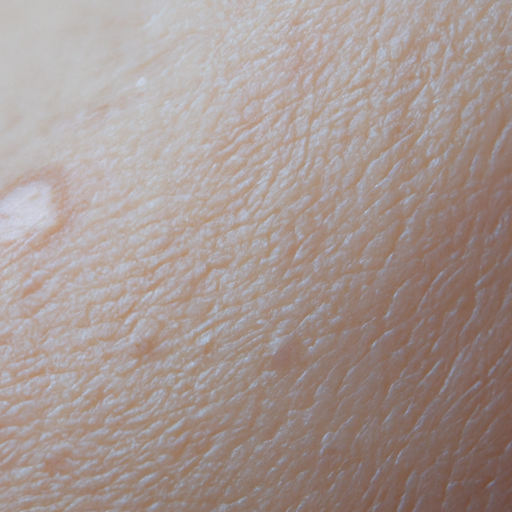As an expert in skincare, I have often been asked about the best ways to manage oily skin. It’s a common concern, especially for those who struggle with acne or an overly shiny complexion. However, the good news is that you can heal oily skin naturally, revealing a radiant and healthy glow. This article will serve as your ultimate guide to achieving this.
Firstly, it’s essential to understand that oily skin isn’t necessarily a bad thing. The oil, or sebum, produced by your skin helps to protect it and keep it moisturized. However, when your skin produces too much oil, it can lead to clogged pores and breakouts. This overproduction can be due to various factors, including genetics, hormonal changes, stress, and even the weather.
So how can you balance your skin’s oil production naturally? Here are some expert-approved methods:
1. Proper Cleansing: It might seem counterintuitive, but over-cleansing can actually lead to more oil production as your skin tries to compensate for the loss of natural oils. Instead, opt for a gentle, natural cleanser that will remove dirt and makeup without stripping your skin of its necessary oils. Look for ingredients like green tea, chamomile, or aloe vera, which are known for their soothing and balancing properties.
2. Hydration is Key: Dehydrated skin can also overproduce oil to compensate for the lack of moisture. Therefore, it’s crucial to keep your skin hydrated by drinking plenty of water and using a lightweight, oil-free moisturizer. Look for products containing hyaluronic acid or glycerin, which are excellent at retaining moisture.
3. Balanced Diet: Your diet plays a significant role in your skin’s health. Consuming processed foods and sugars can lead to inflammation and increased oil production. Instead, focus on a balanced diet rich in fruits, vegetables, lean proteins, and healthy fats. Foods high in vitamins A and E, zinc, and antioxidants can help regulate sebum production and promote healthier skin.
4. Regular Exfoliation: Exfoliating your skin once or twice a week can help remove excess oil and dead skin cells that can clog pores. However, be careful not to over-exfoliate as this can irritate your skin and trigger more oil production. Opt for a gentle, natural exfoliant like oatmeal or brown sugar.
5. Use of Essential Oils: Certain essential oils like tea tree, lavender, and rosemary have properties that can help balance oil production and soothe the skin. You can add a few drops to your moisturizer or use them in a DIY face mask.
6. Stress Management: High stress levels can trigger an overproduction of oil. Incorporating stress management techniques like yoga, meditation, or deep breathing exercises into your daily routine can help balance your skin’s oil production.
7. Adequate Sleep: Lack of sleep can disrupt your skin’s natural balance and lead to increased oil production. Ensure you’re getting at least seven to eight hours of sleep per night to help your skin regenerate and maintain its natural balance.
In conclusion, healing oily skin naturally is all about balance. It’s about understanding your skin’s needs and responding appropriately. With the right care, you can unmask the radiance beneath the oil and reveal a healthy, glowing complexion. Remember, every person’s skin is unique, and what works for one person might not work for another. Therefore, it’s always best to consult with a skincare professional before starting any new regimen.




